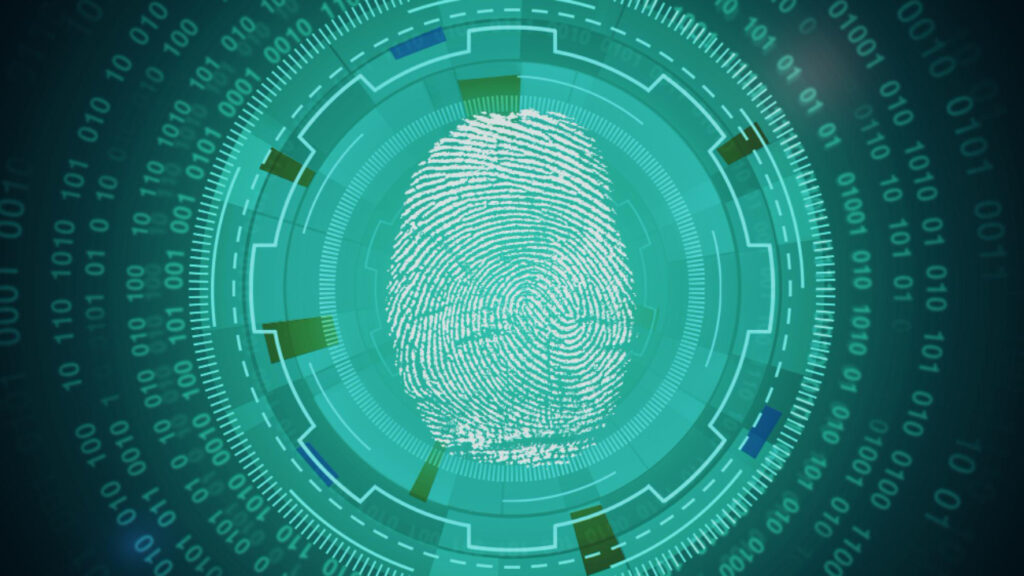Biometric identification systems have been revolutionizing the way we deal with daily life stated Bahaa Abdul Hadi. From checking in to the office every day to passing through immigration checks, biometrics has become our modern best friend. It makes our life easier and simplifies tasks that were previously non-automated. The popular types of biometrics are fingerprint identification, iris detection and more recently, voice recognition. Another promising development in the field of biometric technologies is that of neural biometrics.
While it might seem like a distant sci-fi dream, a lot of biometric tech companies are currently experimenting with and analyzing the scope of neural-based biometric tech. Neural biometric technologies will open a new dimension in the saga of biometrics where they will record brainwave activity to register biometric data of citizens. Understandably, this subfield in biometrics comes with a lot of hurdles before it becomes a futuristic reality teeming with cutting-edge opportunities.
– Investment
A lot of research and development is required as neural biometrics is in the burgeoning stages of its existence. It will be a while before it goes into production and can become mainstream. It is also expected to be more expensive than other types of biometrics as nuanced neuroscience studies are required to bring this technology to life.
– Accuracy
Right now, there are little examples of neural biometrics. Researchers are working hard to find out the efficacy and the extent of its reliability. Initial studies are finding out that brainwaves are unique to every individual and human neural activity is interacting accurately with existing biometric tech up to 75%. This number is expected to be honed as technology evolves and more research is done.
– Ethical concerns
The rise of Artificial Intelligence has opened up a whole new area of ethical concerns from the masses and governments around the world. From A.I. wiping out jobs to cybercrimes being on the rise, the sphere of neural biometrics needs to be developed with a lot of care and caution. Biometric data is often a topic of controversy as it is easily misused by miscreants. Neural biometrics might give rise to more problems in the 21st century world if developed in an unchecked way.
Practicality
Biometric engineers and neuroscientists need to collaborate to perfect the mechanisms that will fuel neural biometrics in everyday life. Only when trial runs are made for neural biometric systems will we understand the practical uses and limitations of it to the fullest extent. Before it is ready to be implemented for real-world usage, it is difficult to comprehend or predict every setback that might hinder the growth of this budding biometric field.
Thank you for your interest in Bahaa Abdul Hadi blogs. For more information, please visit www.bahaaabdulhadi.com







